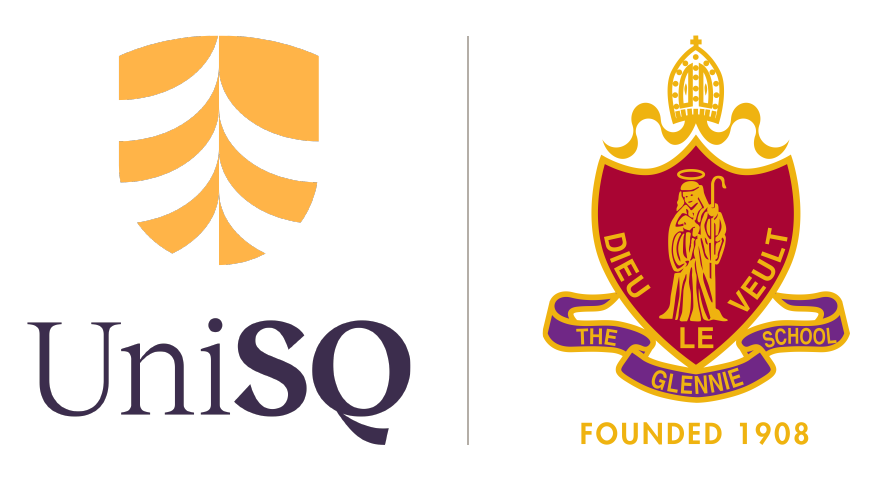Fostering Academic Integrity
Academic Honesty By Tomo Kufel
Fostering Academic Integrity
The enactment of academic integrity means that all learning endeavours, including but not limited to assessment, should be completed in accordance with the values of honesty, trust, fairness, respect and responsibility.
Students are therefore expected to:
Act honestly and ethically in all their academic work and assessment tasks by only presenting work they have personally completed.
- Give recognition to any direct quotes used from other authors or to those authors whose work has made an intellectual contribution to the contents of their work.
- Acknowledge shared ownership of ideas in group projects or assessment tasks with a clear and honest statement of each individual’s contributions.
Academic integrity matters. When students produce their own work to the best of their ability, it not only engages them in the learning process to develop richer learning, it means they have demonstrated what they have learnt. Schools can work towards developing a shared understanding of academic integrity by:
Identifying the broad concept of academic integrity.
Describing a range of practices and behaviours that reinforce and enhance the values of academic integrity.
Describing a range of practices and behaviours that constitute a breach of academic integrity, both intentionally and unintentionally.
Recognising that all stakeholders at an institution have the responsibility to uphold and promote a culture of academic integrity
One of the underpinning documents of education in Australia is the Alice Springs (Mparntwe) Declaration, which aims to have an education system that promotes excellence and equity, and that all young Australians become:
Confident and creative individuals
Successful lifelong learners
Active and informed members of the community.
Academic integrity is a core part of an equitable education system, and of the development of successful lifelong learners who are confident, creative, active, and informed members of the community. Thus, both teachers and students having a shared understanding of what academic integrity looks, acts and sounds like is vital to any successful educational experience.
To assist students in avoiding a breach of academic integrity principles, schools should:
Demonstrate ways that all staff members can contribute towards promoting a culture of integrity.
Explore strategies for initiating challenging conversations about academic integrity. Gain a working knowledge of institutional documents that relate to academic integrity.
Identify situations in which students might be more vulnerable to breaching academic integrity, either unintentionally or intentionally.
Learn practical strategies to provide specific support to students who may be in vulnerable situations.
Create a plan for continuing to support a culture of academic integrity.
Identifying and responding to breaches of academic integrity
To develop a whole school approach in identifying and responding to academic integrity breaches, schools should:
Describe the various types of academic integrity breaches, and recognise that academic integrity breaches are broader than cheating in exams and direct copy-based plagiarism.
Differentiate between a breach of academic integrity and poor academic skills, and identify some difficulties experienced by students from different educational backgrounds.
Demonstrate how and why some students do not complete their own work in line with assessment requirements, appropriate acknowledgement practices and institutional policies.
Evaluate the role of technology in facilitating breaches of academic integrity, and how technology can assist with prevention, deterrence and detection.
Recognise the importance of responding appropriately to breaches of academic integrity.
Recognise the importance of documenting and analysing academic integrity breaches.
Teaching, learning and assessment: implications for academic integrity
In developing a targeted approach to teaching, learning and assessment for academic integrity, schools should:
Describe individual teaching, learning and assessment contexts, and reflect on current academic integrity challenges within different contexts.
Identify how staff in different teaching, learning and assessment roles can foster academic integrity.
Recognise challenges to detecting breaches of academic integrity, and strategies for how prevention could be improved.
Identify educational challenges to academic integrity, and strategies for how education could be improved.
Evaluate teachers’ understanding of how the teaching, learning and assessment process needs to work together to foster academic
integrity.
Assessment design choices for academic integrity
Assessment design can promote academic integrity. It is thus important to:
-
Reflect critically on common assessment design advice and its relationship to the three key strategies of prevention, education and detection.
-
Identify the academic integrity challenges inherent in assessment and identify ways of addressing them.
-
Recognise the ways in which students collaborate and collude for both individual and group tasks, and identify ways of addressing these issues.
-
Identify the academic integrity challenges arising from different assessment venues (on-campus, home, workplace, online) and identify ways of
addressing them. -
Reflect on your role in teaching, learning and assessment and identify two changes that could be made to better foster academic integrity.
